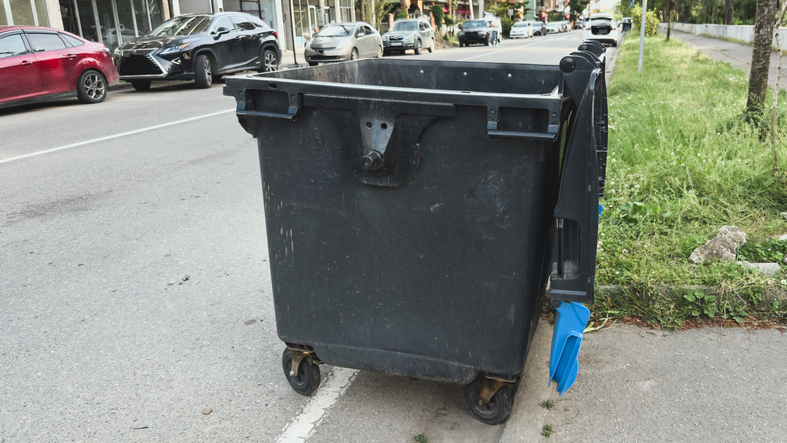Trash Pickup Resumes In Philadelphia After Tentative Agreement

After nearly two weeks of mounting frustration and growing piles of garbage on city sidewalks, residential trash pickup is set to resume in Philadelphia on Monday. This follows a tentative labor agreement between the city and District Council 33, the union representing more than 9,000 striking municipal workers—including sanitation staff.
Union members are scheduled to begin voting on the proposed deal Monday, with results expected by July 21.
Residents across the city say they’re relieved to see progress, after living with the smell and sight of uncollected waste since the strike began on July 1.
“It hits your nose first and then you catch it with your eyes, and it’s horrible,” said Aleko Kontos, a Fairmount resident.
“It’s disappointing, it smells bad,” added Jean-Nicole Place, who also lives in the neighborhood.
The strike was sparked by stalled contract negotiations over pay and benefits. Sanitation workers, who make an average of $46,000 per year, were among those who walked off the job, demanding improved compensation. The new agreement includes a 3% annual raise over the next three years—short of the union’s initial call for 5% increases.
“People need to be able to live and work in the cities they take care of,” said Tasneem Siddiqui of Spring Garden. “I hope this shows Philadelphians just how essential our sanitation workers are.”
In the absence of regular collection, residents were forced to store trash or haul it to designated drop-off sites set up by the city. Others, like Andrew Markman Guzick, found the alternatives frustrating.
“We had to drop it off at one of those communal dumpsters. It was quite an inconvenience,” he said.
Even as trash trucks prepare to roll out again, some residents say the deal doesn’t go far enough.
“I’m glad they’re picking up the trash, but I also think the workers deserved more,” said Nora Vaughan of Center City.
Whether the tentative deal becomes official now rests with the union’s rank-and-file. If members reject it, negotiators will have to return to the bargaining table.















